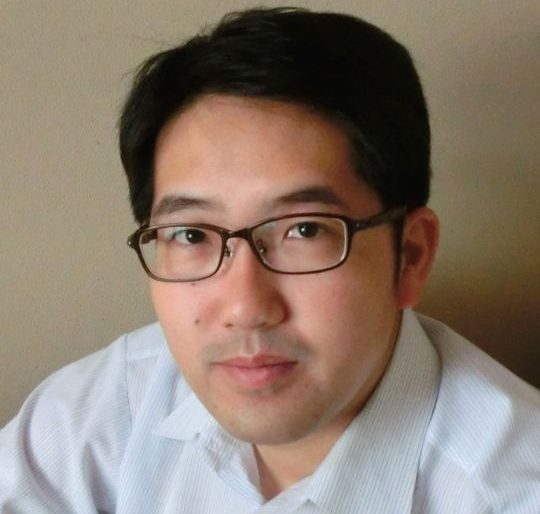
- 所属
- Institute of Environmental Radioactivity Radioecological Transfer and Effects, Fresh Water Radioecology
- 外部リンク
Profile
I received my Ph.D in Agriculture from Kyoto University for research on spotted halibut, a rare pleuronectid flatfish in Japan. Currently, my research focuses on the radiocesium contamination in marine and freshwater fishes.
Main Focus of Research
- Mechanisms of radioactive contamination in marine and freshwater fishes
- Ecological studies of marine fishes and its application to stock enhancement strategies
- Ecological studies of marine and freshwater fishery resources
Fields of Research
Aquatic radioecology, Fishery biology and ecology
Keywords
Fukushima Prefecture, Restoration of fisheries, Radionuclides, Radiocesium, Fish ecology, Flatfish
Research Overview
Before the East Japan Great Earthquake that occurred on 11th March 2011, I was studying the ecology of flatfish species (spotted halibut, barfin flounder) and their stock enhancement strategies.
After the earthquake and nuclear disasters, I started research on radioactive contamination of marine organisms around Fukushima Prefecture. I have clarified that radiocesium concentrations in demersal fishes decrease more slowly compared to pelagic fishes (Wada et al.2013). I also showed that even in the demersal fishes, the level of contamination has dropped sharply after 5 years from the nuclear accident. I have also pointed out that Fukushima’s coastal fishery is steadily recovering (Wada et al. 2016b).
Beginning in April 2015, I started studies on the mechanism of radiocesium contamination in freshwater fishes. I have shown that the radiocesium concentrations in freshwater fishes tend to decrease more slowly compared to that of marine fishes, and that the contamination level of freshwater fishes is quite high in the area northwest of the nuclear power plant where a large amount of radiocesium was deposited (Wada et al. 2016a). Currently, I am conducting a collaborative research with Fukushima Prefecture to clarify the mechanism of radiocesium uptake and excretion by freshwater fishes. I am also conducting a field study of irrigation ponds near the nuclear power plant to assess the contamination level of fishes in highly contaminated inland water bodies.
A few words
The fisheries in Fukushima Prefecture were severely affected by the nuclear accident. There still remain many obstacles to be overcome before the Fukushima’s coastal fisheries can resume full-scale operations. Likewise, for the freshwater fishery, clarifying the contamination level in the area around the nuclear power plant and predicting the future situation is important for its recovery. I hope to contribute to the recovery of Fukushima’s fisheries through my research on the mechanism and prediction of radiocesium contamination in marine and freshwater fish species.
Personal Interest
Spotted halibut, Eating out, Drinking, Playing the piano, Playing tennis, Jogging
Curriculum vitae
- 2001
B.S. in Agriculture, Tohoku University
- 2003
M.S. in Agriculture, Kyoto University
- 2005
JSPS Research Fellow (DC2) of Japan Society for the Promotion of Science
- 2007
Ph.D. in Agriculture, Kyoto University
- 2007
Researcher at Fukushima Prefectural Fisheries Experimental Station
- 2014
Senior researcher at Fukushima Prefectural Fisheries Experimental Station
- 2015
Associate professor at Institute of Environmental Radioactivity, Fukushima University
- 2016
A committee member of the council for restoration of Fukushima’s coastal fisheries
- 2024
Professor at Institute of Environmental Radioactivity, Fukushima University
Awards
- 2015
Young Scientist Award of the Japanese Society of Fisheries Science
